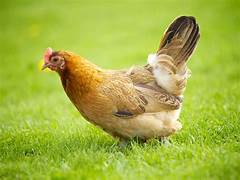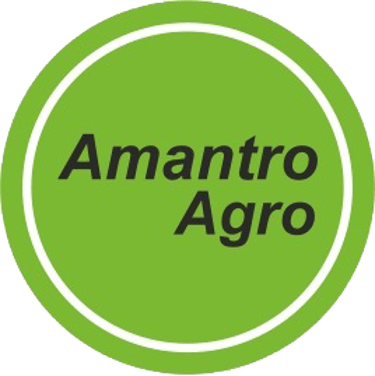Scope of Poultry Feed Supplements in the Future


he poultry industry plays a critical role in global food production, and as the demand for poultry meat and eggs continues to rise, so does the need for more efficient, sustainable, and nutritionally balanced feed. Poultry feed supplements have emerged as key solutions for addressing these needs, with innovations that focus on enhancing feed efficiency, improving bird health, and ensuring sustainability. In the coming years, the scope of poultry feed supplements is expected to expand significantly due to various global trends in agriculture, technology, and consumer preferences.
1. Increased Demand for Protein Sources
The growing global population and rising incomes, particularly in emerging markets, will continue to drive demand for poultry products. As consumers seek high-protein diets, poultry products remain a preferred source due to their affordability and nutritional benefits. To meet this demand, poultry farms will need to optimize production efficiency, and feed supplements will play a pivotal role in improving growth rates, feed conversion ratios, and overall productivity. Supplements like amino acids, enzymes, and probiotics are crucial to ensuring poultry diets meet the required protein and nutrient levels.
2. Health and Immunity Enhancement
As poultry farming intensifies, there is a growing need for solutions to combat diseases and improve animal welfare. Feed supplements focused on enhancing poultry health will become more advanced, helping to reduce the need for antibiotics and other chemical treatments.
Herbal and Natural Supplements: There is increasing consumer demand for natural and organic poultry products. Feed supplements derived from herbs and plants, such as garlic, ginger, and turmeric, may become more prevalent due to their anti-inflammatory, antimicrobial, and immune-boosting properties.
Probiotics and Prebiotics: These will continue to be integral in promoting gut health and enhancing the immune system, reducing the risk of infections and diseases like avian influenza and coccidiosis.
3. Sustainability and Environmental Impact
Sustainability in poultry farming is a significant driver of innovation in feed supplements. Environmental concerns such as greenhouse gas emissions, water usage, and waste management are pushing the industry toward more eco-friendly practices. Feed supplements will play a major role in improving the sustainability of poultry farming by: Visit our website www.amantroagroproducts.com
Reducing Feed Waste: By enhancing feed conversion rates, supplements can ensure that birds efficiently use the feed they consume, reducing food waste and minimizing environmental impact.
Alternative Protein Sources: The future of poultry feed supplements may include alternative, sustainable protein sources, such as insect meal, algae, or single-cell proteins, to reduce reliance on conventional animal-based proteins like fishmeal and soy.
Reducing Methane Emissions: Supplements aimed at reducing methane production in poultry, such as tannins or specific enzymes, will be crucial in addressing environmental concerns.
Conclusion:
The future of poultry feed supplements is marked by technological innovation, sustainability, and an increasing focus on animal welfare. As the global poultry market continues to expand, the role of feed supplements will become more vital in ensuring that poultry production is efficient, healthy, and environmentally responsible. The continued development of tailored, science-backed feed supplements will help meet the growing demand for poultry products while addressing consumer and environmental concerns.
